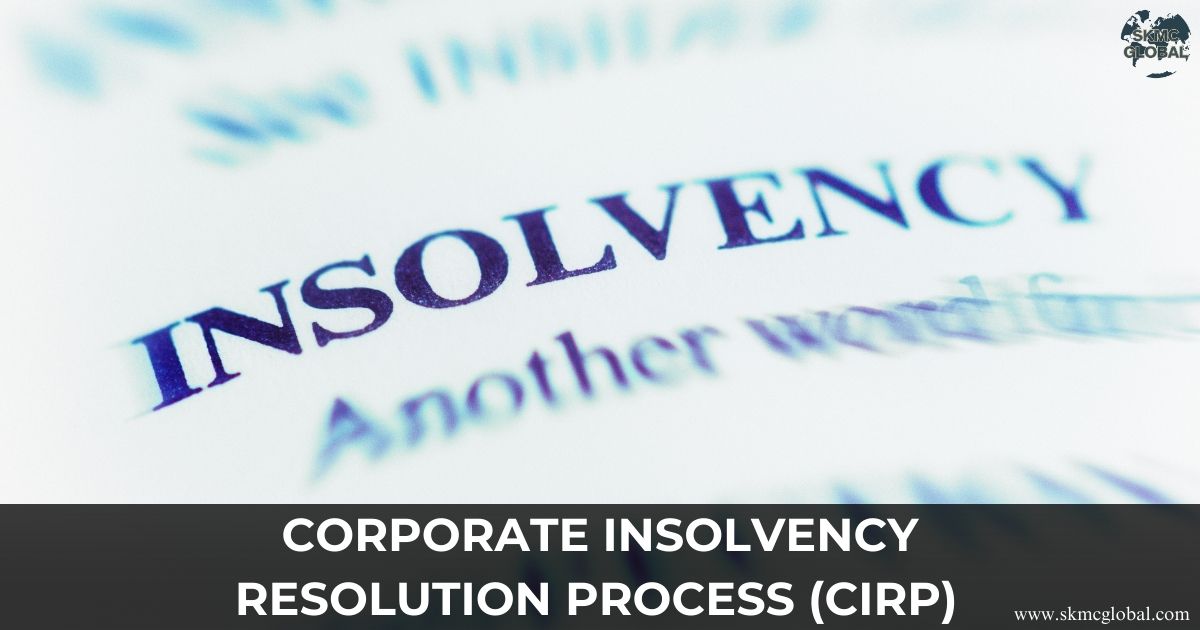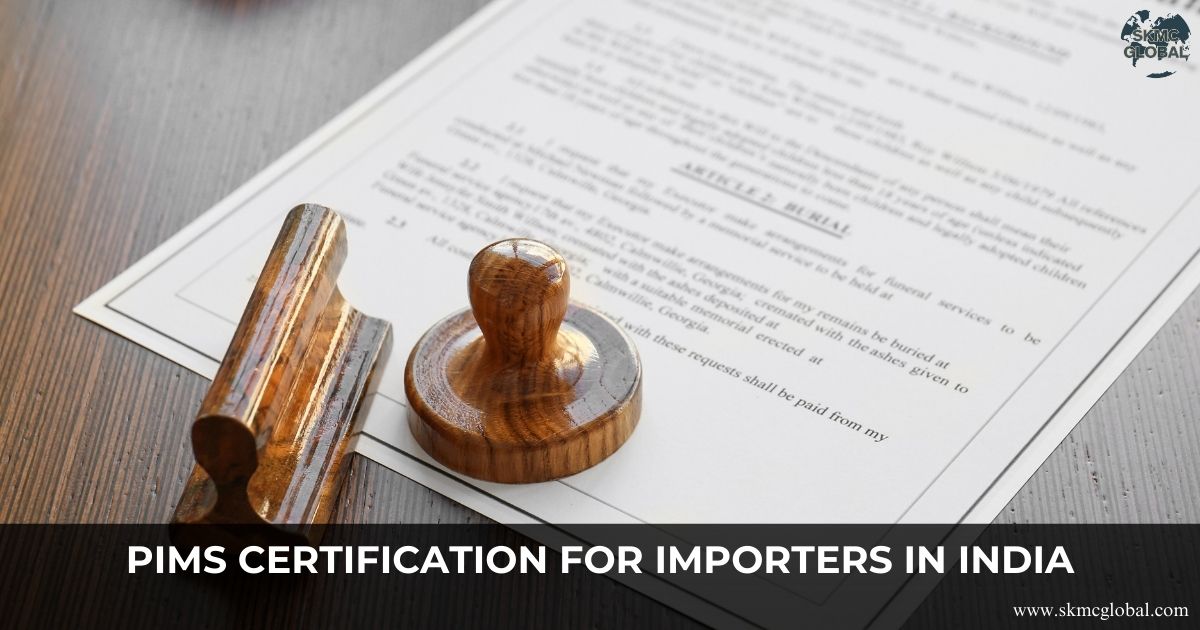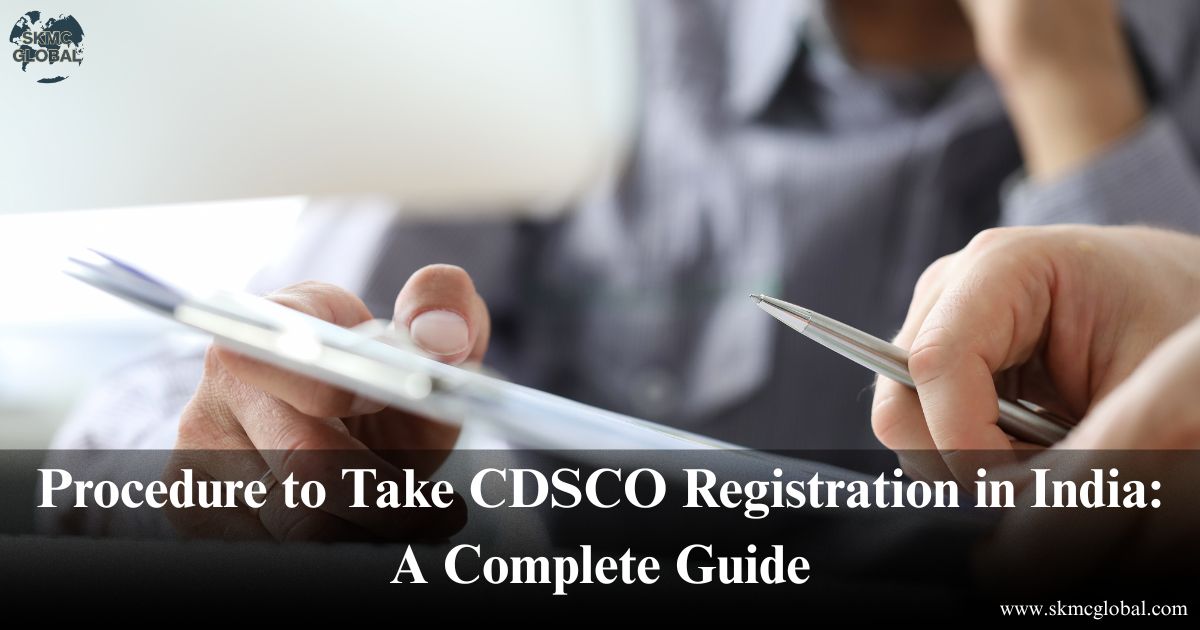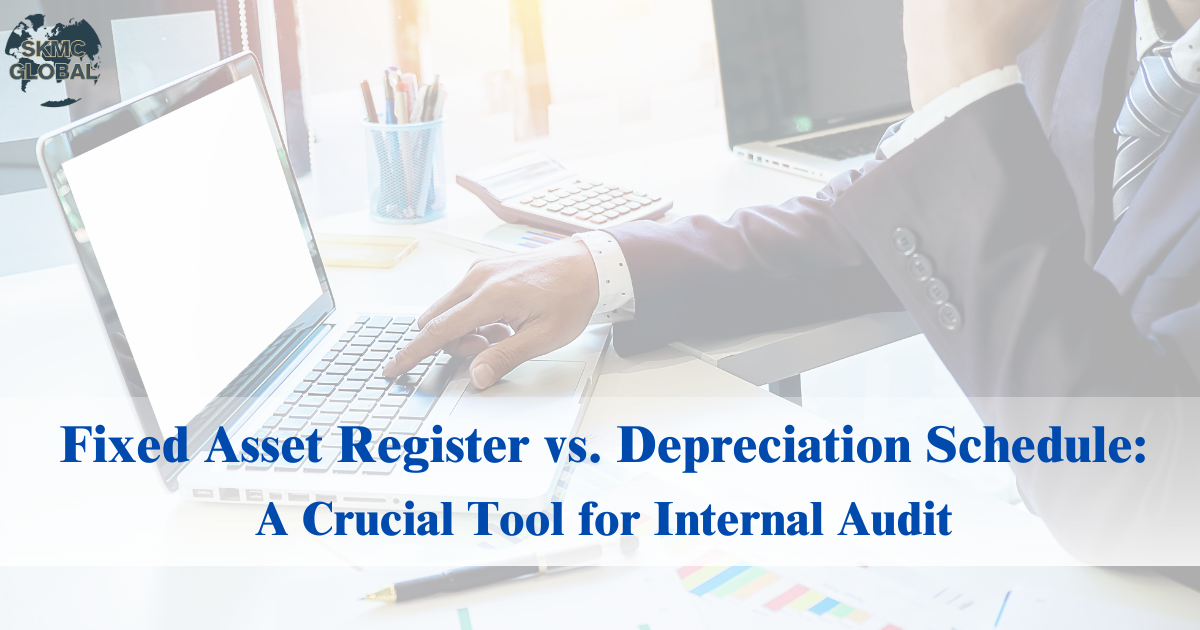
What is TDS and Why Does it Keep Changing for NRIs?
TDS, or Tax Deducted at Source, is an arrangement under which the tax is deducted at the time of making the payment by the payee and subsequently deposited into the government's account. It gives a constant inflow of income to the government and simplifies the collection of tax. Even Indian residents are liable to TDS in case of sale of property, but TDS on Sale of Property by NRI are separate and are stricter in nature.
For resident sellers, Section 194-IA of the Income-tax Act mandates a 1% TDS in case of value of property exceeding ₹50 lakhs. It's just a deduction of entire sale consideration. But for NRIs, the TDS mechanism is governed by Section 195 of the Income Tax Act on "other sums" payable to non-residents. The purpose of this section is to ensnare possible capital gains tax at the source level, as it could be challenging later on to monitor the same after the actual tax burden of the non-resident. The TDS on sale of Property by NRI is of higher nature and is based on the nature of capital gains.
The Buyer's Burden: Responsibility and Compliance for TDS on Purchase of Property from NRI
The salient feature here is that the buyer of the property has to deduct TDS on purchase of property from NRI and remit the same with the government of India. This is a radical departure from resident transactions where the selling party is usually under an obligation to pay its own taxes. Default and failure to pay the TDS by a buyer can also be subjected to extreme penalties in the way of interest, penalties, as well as even prosecution. This speaks volumes about how seriously the buyers must be on their toes with things while going into a property transaction with an NRI seller.
Things a Buyer Should Do
- Confirmation of NRI Status: The purchaser's first and most important job is to confirm that the residence status of the vendor is established. Documentary evidence or factual recognition of NRI status must be made in order to facilitate the relevant TDS provisions.
- Obtain a Tax Deduction Account Number (TAN): A buyer should have a TAN for deducting and paying TDS on Sale of Immovable Property by an NRI, in contrast to that of a resident seller. A PAN (Permanent Account Number) would not be useful.
- Withhold and Calculate TDS: The buyer is required to ascertain the proper amount of TDS at prevailing rates (as specified below) and subtract the same from the consideration for purchase while paying to the NRI seller.
- Pay TDS to Government: The TDS so deducted must be deposited with the Government of India along with the necessary challan (Form 26Q or 26QB, as is required, and as is necessary in order to get a TAN allotted) within the given time limit.
- Issuance of Form 16A: After paying the tax, the buyer will issue a TDS certificate (Form 16A) to the NRI seller. The certificate will serve as proof of the tax deposited and deducted and is something that the NRI seller may use at the time when he/she files his/her income tax return in India.
Mitigating the Burden of TDS: Options for the NRI Seller
With probable high TDS on Sale of Property by NRI, vendors would obviously try to find ways to reduce their tax outgo. The Indian Income Tax Act does have provisions which would assist in making such relief feasible.
1. Lower Deduction Certificate (LDC) under Section 197
This would most likely be the optimal way for an NRI vendor to reduce actual TDS on Sale of Property by NRI. An NRI can request for lower tax rate from assessing officer under Section 197 of the Income Tax Act.The application will establish that the net tax liability, after considering the deduction, allowance, and relief of indexation, is lower than the otherwise due TDS for deduction.
Application for LDC (Form 13) will be accompanied by full documentation, including:
- Transfer details of property.
- Cost of purchase and improvement.
- Sale consideration.
- Evidences of NRI status.
- Details of other Indian income (if any).
- Any exemption under Sections 54, 54EC, etc.
The LDC decides the percentage at which TDS on Sale of Immovable Property by an NRI is to be deducted as soon as possible after the LDC is published. The selling NRI must deliver the certificate to the buyer before making the sale transaction effective.
2. Exemption on Capital Gains
NRIs are granted certain exemptions under the Income Tax Act to reduce their tax-paying capital gains, thereby indirectly reducing the TDS on Sale of Immovable Property by an NRI.
- Section 54 (Investment in a Residential House): Provided long-term capital gains arising from the transfer of a residential house are utilized for acquiring or constructing another residential house within India, the gains may be exempted subject to certain conditions. The new house must be acquired either one year before or two years after the date of sale or constructed within three years of the sale date.
- Section 54EC (Investment in Specified Bonds): Exemption of long-term capital gains can be made by investment in specified bonds, for instance, issued by National Highways Authority of India (NHAI) or Rural Electrification Corporation (REC), within a period of six months from the sale date of property. According to this section, the limit for investment is ₹50 lakhs.
It is required that the NRI seller submits proof of such reinvestment or intention to reinvest to the Assessing Officer while making an application for an LDC in order to reduce significantly the TDS on Sale of Immovable Property by an NRI.
Conclusion
Sale of immovable property by an NDI is not a transaction; it's a legal and financial process with some tax implications. TDS on sale of immovable property by NRI is data vital to both buyer and seller. It is very important for the buyer to comply with the provisions as mentioned for TDS on purchase of Property from NRI in order to avoid future disputes. To the NRI seller, planning with caution, tax certainty on capital gains, and taking advantage of exemptions and certificates available like the LDC will lower their tax outgo and make fund repatriation hassle-free.
Since it is complicated to it, it is highly recommended that the parties seek the assistance of a professional tax consultant or Chartered Accountant. Professional assistance will ensure accurate computation of capital gains, accurate filing for LDT, accurate payment of TDS, and smooth repatriation, thereby making the entire process of TDS on Sale of Immovable Property by an NRI simple and compliant. The task can be accomplished with wise decisions and expert advice.
Recent Posts
-
 SEBI’s New Co-Investment Framework for AIFs: An ...
Jan 14,2026
SEBI’s New Co-Investment Framework for AIFs: An ...
Jan 14,2026
-
 Incorporation of Company in Saudi Arabia...
Jan 05,2026
Incorporation of Company in Saudi Arabia...
Jan 05,2026
-
 Changes in Financial Reporting as per IFRS 18...
Dec 31,2025
Changes in Financial Reporting as per IFRS 18...
Dec 31,2025
-
 Digital Personal Data Protection Act Implementatio...
Dec 30,2025
Digital Personal Data Protection Act Implementatio...
Dec 30,2025
-
 How to setup a Semiconductor Unit in Gujarat...
Dec 26,2025
How to setup a Semiconductor Unit in Gujarat...
Dec 26,2025
-
 Process of Setting Up a Gratuity Fund Trust in Ind...
Dec 18,2025
Process of Setting Up a Gratuity Fund Trust in Ind...
Dec 18,2025
-
 Corporate Insolvency Resolution Process (CIRP) und...
Dec 17,2025
Corporate Insolvency Resolution Process (CIRP) und...
Dec 17,2025
-
 Closure of a company in India...
Dec 12,2025
Closure of a company in India...
Dec 12,2025
-
 Importance of Black Money Act 2015...
Dec 11,2025
Importance of Black Money Act 2015...
Dec 11,2025
-
 What are undisclosed assets and income under Black...
Dec 08,2025
What are undisclosed assets and income under Black...
Dec 08,2025
-
 Importance of PIMS certification for Importers in ...
Dec 06,2025
Importance of PIMS certification for Importers in ...
Dec 06,2025
-
 Incorporation of Company in UAE...
Dec 03,2025
Incorporation of Company in UAE...
Dec 03,2025
-
 Legal Entity Identifier LEI - Purpose and Applicab...
Dec 01,2025
Legal Entity Identifier LEI - Purpose and Applicab...
Dec 01,2025
-
 Implementation of New Labour Codes 2025...
Nov 29,2025
Implementation of New Labour Codes 2025...
Nov 29,2025
-
 A Step-by-Step Guide to a Smooth Payroll Outsourci...
Nov 28,2025
A Step-by-Step Guide to a Smooth Payroll Outsourci...
Nov 28,2025
-
 PESO Certification in India...
Nov 26,2025
PESO Certification in India...
Nov 26,2025
-
 Family Trusts for NRIs- Managing Indian Assets fro...
Nov 24,2025
Family Trusts for NRIs- Managing Indian Assets fro...
Nov 24,2025
-
 Decoding Disclosures: Section 184 of Companies Act...
Nov 21,2025
Decoding Disclosures: Section 184 of Companies Act...
Nov 21,2025
-
 All you want to know about Recycling business in I...
Nov 20,2025
All you want to know about Recycling business in I...
Nov 20,2025
-
 What is Seed Fund Scheme and its relevance for Sta...
Nov 19,2025
What is Seed Fund Scheme and its relevance for Sta...
Nov 19,2025
-
 Incorporation of Company in Singapore...
Nov 18,2025
Incorporation of Company in Singapore...
Nov 18,2025
-
 How to upgrade your AEO T2 certification to AEO T3...
Nov 15,2025
How to upgrade your AEO T2 certification to AEO T3...
Nov 15,2025
-
 What is the relevance of APEDA Registration and it...
Nov 14,2025
What is the relevance of APEDA Registration and it...
Nov 14,2025
-
 Applicability of Indian Accounting Standards for c...
Nov 11,2025
Applicability of Indian Accounting Standards for c...
Nov 11,2025
-
 Public vs. Private Trust: key Differences in Regis...
Oct 28,2025
Public vs. Private Trust: key Differences in Regis...
Oct 28,2025
-
 Donation and Foreign Contributions to Trusts in In...
Oct 23,2025
Donation and Foreign Contributions to Trusts in In...
Oct 23,2025
-
 Redeemable Preference Shares as a Financial Tool...
Oct 22,2025
Redeemable Preference Shares as a Financial Tool...
Oct 22,2025
-
 STPI Unit and Non-STPI Unit...
Oct 16,2025
STPI Unit and Non-STPI Unit...
Oct 16,2025
-
 Country-by-Country Reporting (CbCR) and Its Evolvi...
Oct 09,2025
Country-by-Country Reporting (CbCR) and Its Evolvi...
Oct 09,2025
-
 What is Free Trade Agreement and Certificate of Or...
Oct 08,2025
What is Free Trade Agreement and Certificate of Or...
Oct 08,2025
-
 What is the relevance of status holders certificat...
Oct 06,2025
What is the relevance of status holders certificat...
Oct 06,2025
-
 Redemption of Advance Authorization under Foreign ...
Oct 04,2025
Redemption of Advance Authorization under Foreign ...
Oct 04,2025
-
 What is provisional assessment of Bill of Entries ...
Sep 29,2025
What is provisional assessment of Bill of Entries ...
Sep 29,2025
-
 Redemption of EPCG License...
Sep 26,2025
Redemption of EPCG License...
Sep 26,2025
-
 MOOWR (Manufacturing and Other Operations in Wareh...
Sep 24,2025
MOOWR (Manufacturing and Other Operations in Wareh...
Sep 24,2025
-
 Procedure to Apply SCOMET License...
Sep 22,2025
Procedure to Apply SCOMET License...
Sep 22,2025
-
 Landscape of Semiconductor Industry while Doing Bu...
Sep 18,2025
Landscape of Semiconductor Industry while Doing Bu...
Sep 18,2025
-
 The Hidden Costs of In-House Accounting v/s Outsou...
Sep 17,2025
The Hidden Costs of In-House Accounting v/s Outsou...
Sep 17,2025
-
 TDS on sale of immovable property by an nri...
Sep 10,2025
TDS on sale of immovable property by an nri...
Sep 10,2025
-
 Setting up a Project Office in India...
Sep 08,2025
Setting up a Project Office in India...
Sep 08,2025
-
 Tax Implication for Transferring NRO Funds to NRE ...
Sep 05,2025
Tax Implication for Transferring NRO Funds to NRE ...
Sep 05,2025
-
 How outsourcing CFO services helps the corporates ...
Aug 27,2025
How outsourcing CFO services helps the corporates ...
Aug 27,2025
-
 Why a Periodical Cash Flow Statement is Necessary ...
Aug 26,2025
Why a Periodical Cash Flow Statement is Necessary ...
Aug 26,2025
-
 What is FATCA and CRS reporting and its difference...
Aug 22,2025
What is FATCA and CRS reporting and its difference...
Aug 22,2025
-
 What are unclaimed TDS Credits and how to claim it...
Aug 21,2025
What are unclaimed TDS Credits and how to claim it...
Aug 21,2025
-
 Digital Taxation is reshaping Tax Nexus Between Ju...
Aug 20,2025
Digital Taxation is reshaping Tax Nexus Between Ju...
Aug 20,2025
-
 Procedure to Take PF Registration and Its Complian...
Aug 18,2025
Procedure to Take PF Registration and Its Complian...
Aug 18,2025
-
 Procedure to take PSARA License...
Aug 11,2025
Procedure to take PSARA License...
Aug 11,2025
-
 Mandatory factory license while setting up manufac...
Aug 08,2025
Mandatory factory license while setting up manufac...
Aug 08,2025
-
 Procedure for obtaining NBFC Registration in India...
Aug 04,2025
Procedure for obtaining NBFC Registration in India...
Aug 04,2025
-
 FSSAI License registration for Food Business...
Jul 14,2025
FSSAI License registration for Food Business...
Jul 14,2025
-
 How Management Information System (MIS) reporting ...
Jul 11,2025
How Management Information System (MIS) reporting ...
Jul 11,2025
-
 IFRS 9 impairment- A complete guide...
Jul 12,2025
IFRS 9 impairment- A complete guide...
Jul 12,2025
-
 Why most of the companies are shifting to hr and p...
Jul 10,2025
Why most of the companies are shifting to hr and p...
Jul 10,2025
-
 A complete guide on valuation of shares...
Jul 10,2025
A complete guide on valuation of shares...
Jul 10,2025
-
 BIS registration for foreign manufacturer...
Jul 09,2025
BIS registration for foreign manufacturer...
Jul 09,2025
-
 Understanding the Scope of the Shops and Establish...
Jul 08,2025
Understanding the Scope of the Shops and Establish...
Jul 08,2025
-
 Coso framework: Complete guide on internal control...
Jun 26,2025
Coso framework: Complete guide on internal control...
Jun 26,2025
-
 Components and Process for Conducting Internal Aud...
Jun 25,2025
Components and Process for Conducting Internal Aud...
Jun 25,2025
-
 What is ICFR and Why It is Important for Businesse...
Jun 24,2025
What is ICFR and Why It is Important for Businesse...
Jun 24,2025
-
 Understanding WPC Certification and its applicabil...
Jun 23,2025
Understanding WPC Certification and its applicabil...
Jun 23,2025
-
 Procedure to take EPR registration for battery was...
Jun 21,2025
Procedure to take EPR registration for battery was...
Jun 21,2025
-
 3PL Logistics...
Jun 19,2025
3PL Logistics...
Jun 19,2025
-
 What is E-Waste and role of EPR in Waste Managemen...
Jun 17,2025
What is E-Waste and role of EPR in Waste Managemen...
Jun 17,2025
-
 M&A Due Diligence in India: How to Spot Target Com...
Jun 16,2025
M&A Due Diligence in India: How to Spot Target Com...
Jun 16,2025
-
 BIS crs certification for electronic products...
Jun 12,2025
BIS crs certification for electronic products...
Jun 12,2025
-
 All you need to know about WPC ETA certification f...
Jun 11,2025
All you need to know about WPC ETA certification f...
Jun 11,2025
-
 What is CDSCO Registration under The Drugs & Cosme...
Jun 10,2025
What is CDSCO Registration under The Drugs & Cosme...
Jun 10,2025
-
 Procedure to Take CDSCO Registration in India: A C...
Jun 09,2025
Procedure to Take CDSCO Registration in India: A C...
Jun 09,2025
-
 All You Need to Know About AERB Registration...
Jun 07,2025
All You Need to Know About AERB Registration...
Jun 07,2025
-
 Understanding POSH (Prevention of Sexual Harassmen...
Jun 03,2025
Understanding POSH (Prevention of Sexual Harassmen...
Jun 03,2025
-
 Chartered Accountant's role in financial managemen...
May 23,2025
Chartered Accountant's role in financial managemen...
May 23,2025
-
 5 Things to keep in your mind while running payrol...
May 17,2025
5 Things to keep in your mind while running payrol...
May 17,2025
-
 Why BIS Certification is Crucial for Importers and...
May 15,2025
Why BIS Certification is Crucial for Importers and...
May 15,2025
-
 Top 7 Reasons Indian Entrepreneurs Are Switching t...
May 07,2025
Top 7 Reasons Indian Entrepreneurs Are Switching t...
May 07,2025
-
 Incorporation of Company in Japan...
Apr 24,2025
Incorporation of Company in Japan...
Apr 24,2025
-
 How to set up a Representative Office in Singapore...
Apr 14,2025
How to set up a Representative Office in Singapore...
Apr 14,2025
-
 BIS certificate for medical equipments...
Apr 09,2025
BIS certificate for medical equipments...
Apr 09,2025
-
 Fixed Asset Register v/s Depreciation Schedule: A ...
Apr 02,2025
Fixed Asset Register v/s Depreciation Schedule: A ...
Apr 02,2025
-
 Role of AI in Accounting...
Mar 26,2025
Role of AI in Accounting...
Mar 26,2025
-
 Capital Structure & its Impact on Profitability...
Feb 21,2025
Capital Structure & its Impact on Profitability...
Feb 21,2025
-
 Union Budget 2025...
Feb 01,2025
Union Budget 2025...
Feb 01,2025
-
 What is EPR in Plastic waste Management? ...
Jul 12,2022
What is EPR in Plastic waste Management? ...
Jul 12,2022
-
 Lithium-ion Battery Recycling Plant Setup in India...
May 10,2022
Lithium-ion Battery Recycling Plant Setup in India...
May 10,2022
-
 Setting up E-waste Recycling Plant Setup...
Jan 12,2022
Setting up E-waste Recycling Plant Setup...
Jan 12,2022
-
 Applicability of Labour Laws in India...
Jul 15,2021
Applicability of Labour Laws in India...
Jul 15,2021
-
 Basis to Outsource Finance and Accounting Services...
Oct 31,2021
Basis to Outsource Finance and Accounting Services...
Oct 31,2021
